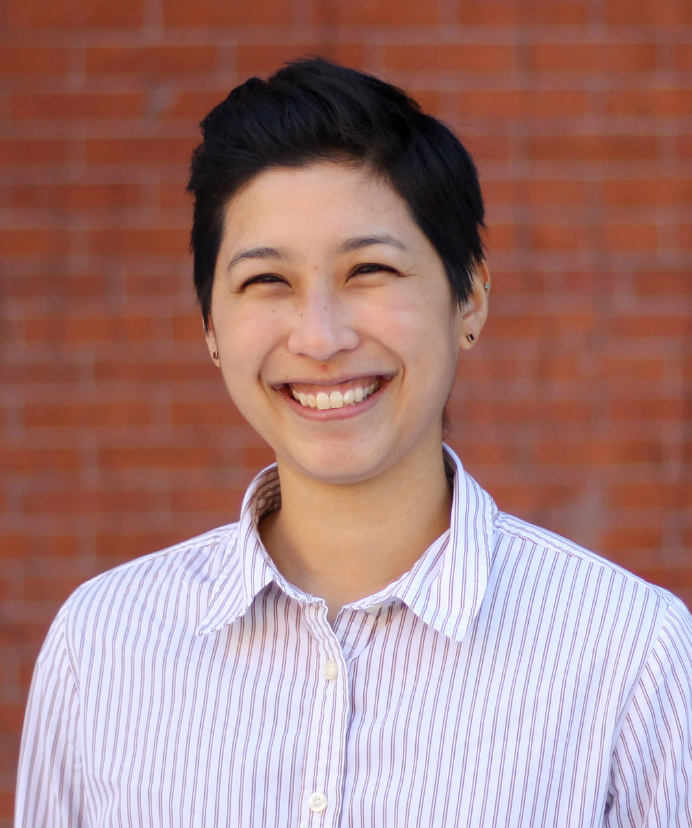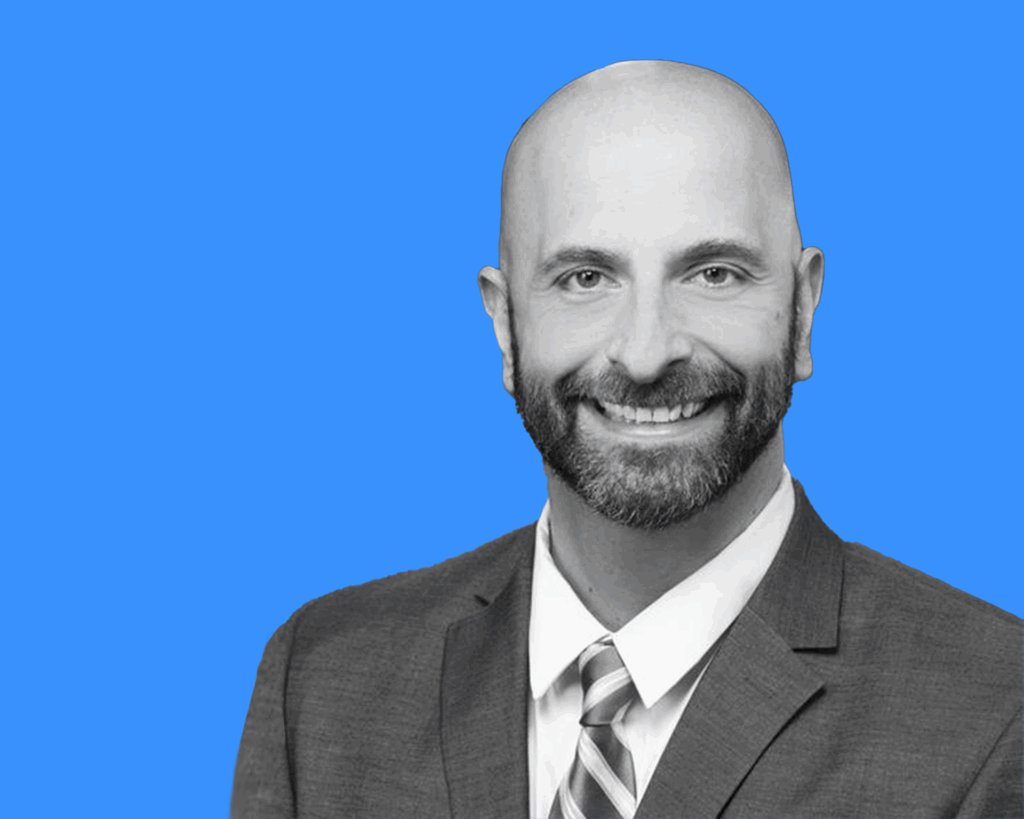Preparatory Pre-K
Enrollment in public or private pre-K boosted students’ kindergarten readiness.

Read Time: 3 minutes
Published:
Walk into a preschool classroom, and you might hear high-pitched voices singing Twinkle Twinkle Little Star, feel wet paint splattering your shoes, or see kids gathered around their teacher for a reading of The Very Hungry Caterpillar. Preschools are spaces for kids to laugh, experiment, and play. But behind the sing-a-longs and art projects are lessons that cultivate children’s development and set them up for long-term success.
The transition from preschool to kindergarten is a big step. Children suddenly find themselves spending the majority of their time in a classroom rather than at home. Preschool can help smooth this transition by equipping kids with the knowledge and social skills to navigate their new kindergarten environment.
Stacey Williams and team aimed to identify how pre-K influences kindergarten readiness. They examined students’ skills when they entered kindergarten, and then evaluated their academic success in elementary school. Nearly 6,000 Baltimore Public School children – predominately African American and low-income – were followed from kindergarten through third grade. Students were grouped as public pre-K, private pre-K (e.g., nursery school or daycare), or informal care (e.g., stayed at home).
Researchers assessed kindergarten readiness using the Maryland Model for School Readiness assessment, which measures language and literacy skills, mathematical thinking, and social development. The team assessed third grade academic outcomes using state standardized reading and math test scores.
Enrollment in public or private pre-K boosted students’ kindergarten readiness. Compared to those in informal care, kids attending public pre-K were nearly five times more likely to have the necessary language, literacy, and math skills for kindergarten. By the time they reached third grade, students who attended any pre-K were more likely to meet grade-level reading and math standards and were less likely to have been held back.
The benefits of early childhood education extend beyond the classroom and positively affect children’s health and wellbeing.
The benefits of early childhood education extend beyond the classroom and positively affect children’s health and wellbeing. Those who attend preschool are less likely to be obese or become pregnant in their teens. Additionally some preschool programs, like Head Start, offer health screenings that can inform families about potential risks that warrant further evaluation.
The health and academic benefits of early childhood education have led to calls for universal pre-K. In 2019, Boston invested $15 million to fund free preschool for all 4-year-olds in the city. On a national scale, President Biden included universal pre-K in his Build Back Better plan.
However, some argue that a national, universal pre-K program is not a comprehensive solution for filling gaps in early education. The $110 billion allocated in Build Back Better is not enough to cover all pre-K costs and expires after six years, leaving states to sustain programming. Additionally, universal pre-K plans may not address differences between programs in quality. Neighborhoods with predominately Black families tend to have fewer high-performing preschools. This raises questions of whether targeting resources, particularly to lower income and minority children, would be more effective than universal policies for addressing educational inequities.
While universal pre-K is still up for debate, the benefits of pre-K are clear. Pre-K equips children with the academic and social skills needed to succeed in kindergarten. Expanding access to quality early education programs, particularly in underserved communities, may go a long way in closing achievement gaps before children enter primary school.
Illustration via Getty Images



